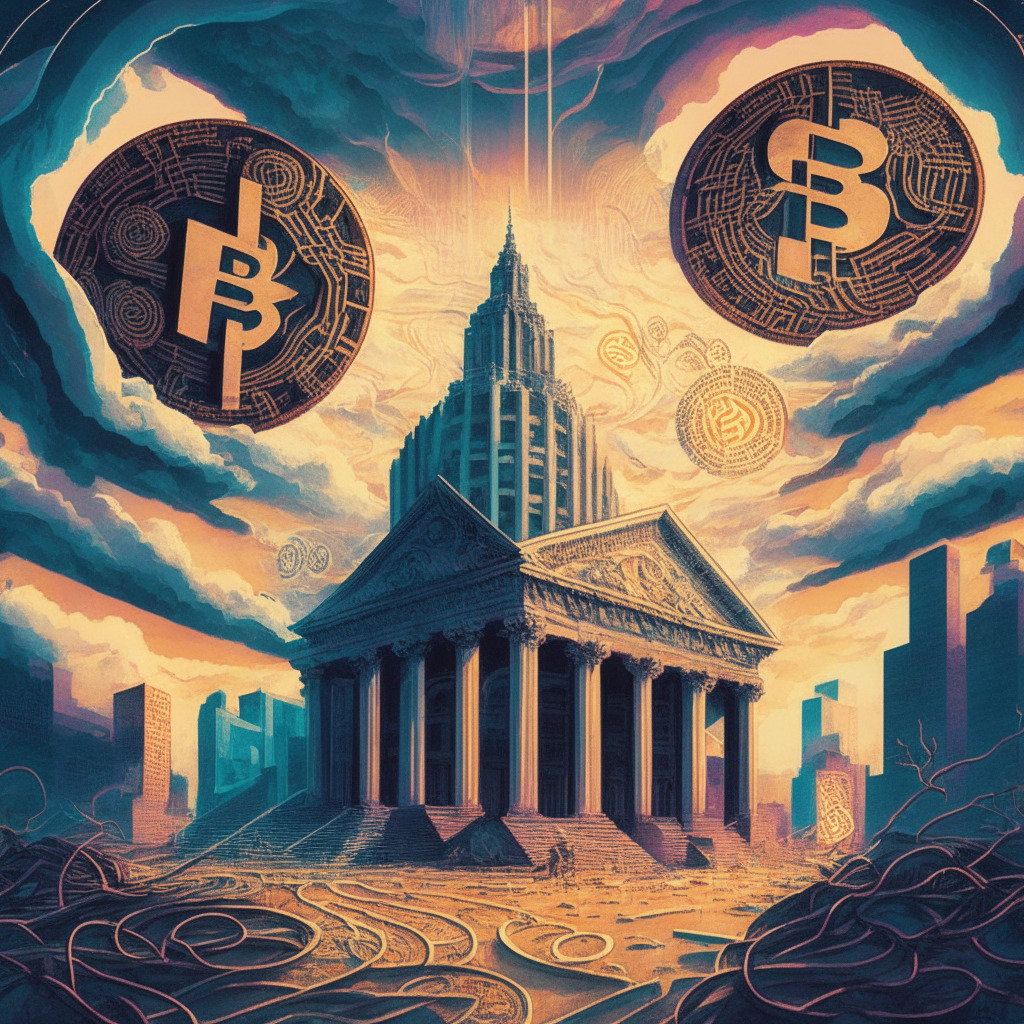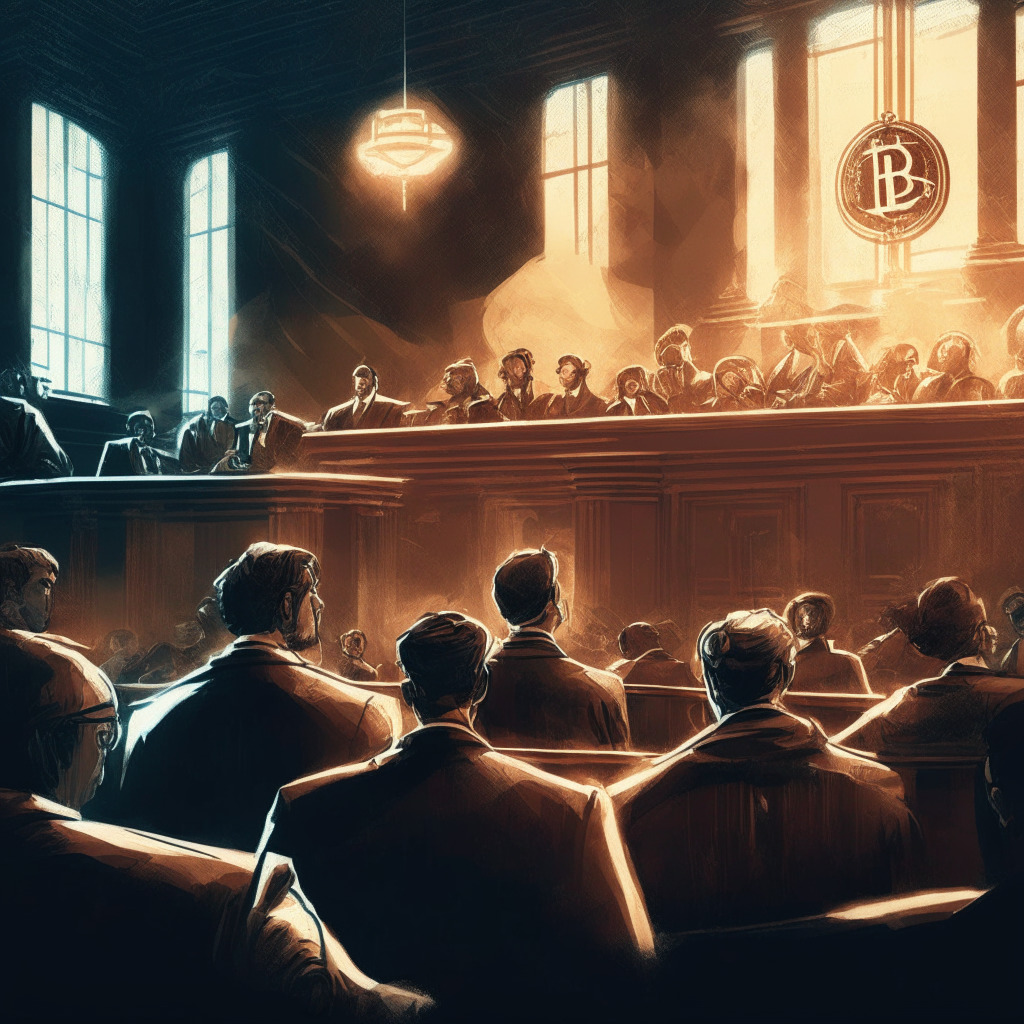In a recent open letter, Republican lawmakers critiqued the actions of the Federal Reserve for intensifying oversight of banks’ cryptocurrency and stablecoin activities. These regulations, critics argue, disrupt legislative attempts to establish a regulatory framework for payment stablecoins and deter financial institutions from participating in the inflationary digital asset landscape.
The central bank has issued a new requirement outlined in SR 23-8, mandating state banks to have specific controls in place and acquire a written notification of supervisory nonobjection for undertaking stablecoin activities. This comes at a time when the Federal Reserve has also initiated the “Novel Activities Supervision Program” (SR 23-7), aiming to bolster its supervision over banking organizations involved with crypto, distributed ledger technology, and emerging partnerships with nonbanks.
There is no doubt that central banks exercise control over financial systems, but critics argue this move may suppress the prospect of decentralized finance, especially with regards to public, permissionless blockchains. Critics further question if the Federal Reserve intends to liaise with state banking regulators, especially when certain payment stablecoin activities have been permitted by them, highlighting the imperative need for integrated regulation.
Yet, amidst this supervisory crackdown enacted by the central bank, the U.S. regulatory environment remains hazy for digital assets. Jurisdictional uncertainties, particularly concerning the US Securities and Exchange Commission and Commodity Futures Trading Commission, have evoked serious challenges to the crypto industry.
In response, notable crypto corporations, even those as prominent as Coinbase, are exploring lucrative markets such as the UK and Brazil. At the same time, they’re enhancing their global virtual currency footprint in Germany, Ireland, Italy, and the Netherlands, where guidelines governing cryptocurrencies are clearer.
This move aligns with the outlook expressed by crypto industry veterans, who endorse experimenting in alternative overseas markets. Antonio Juliano, founder of the decentralized exchange dYdX, has encouraged crypto creators to explore international markets and return to the United States when they have more leverage and a welcoming regulatory landscape.
In essence, while the Federal Reserve’s oversight of cryptocurrency activities agitates lawmakers, the lack of regulatory clarity in the U.S. propels crypto companies to break new ground in foreign markets. The essential discourse here revolves around achieving a balance between comprehensive supervision and fostering innovation in this rapidly growing sector. Compliance and innovation must, after all, coexist to usher in a promising future for blockchain technology.
Source: Cryptonews




